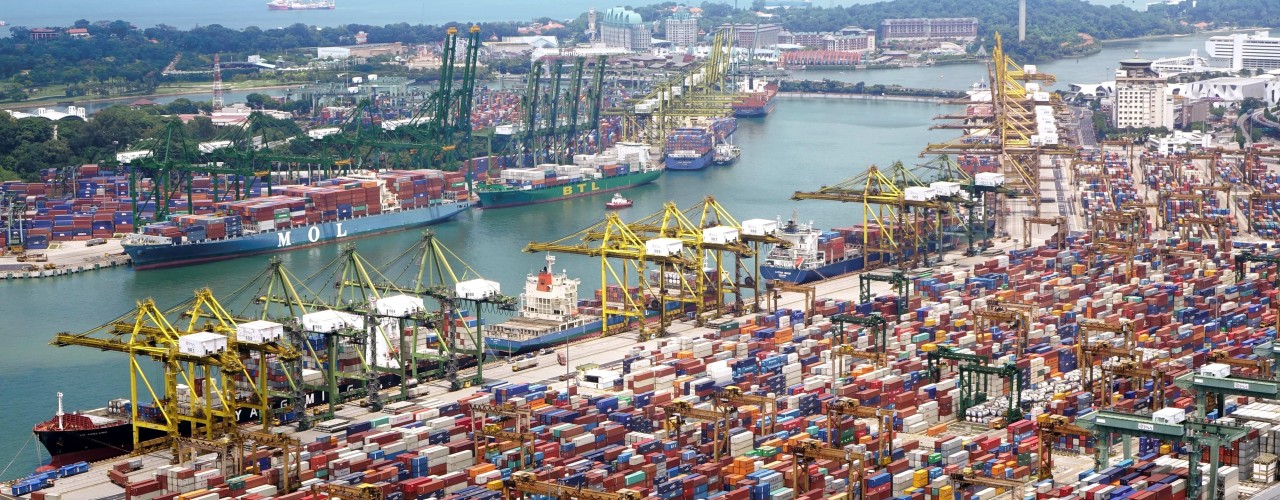The Role of AIS Data in Maritime Intelligence
Automatic Identification System (AIS) data has become an indispensable resource for the maritime industry. Initially designed for collision avoidance and vessel tracking, the system has evolved to serve as the lifeblood of maritime intelligence platforms. Regulators, port authorities, and operators/charterers have found it relatively easy to adapt and incorporate this information into their decision-making processes. However, other stakeholders, such as ship agents and suppliers, have faced challenges in utilizing AIS data effectively.
Challenges in Utilizing AIS Data for Ship Agents and Suppliers
The high volume and complexity of the AIS signal data from hundreds of thousands of vessels prevent it from being used directly in its raw form by an average non-technical person. This is why specialized tools have been developed over time to translate complex AIS data into easily understandable and useful information such as vessel ETA, current position and other vessel details that are then passed on to the user through the app interface. For example, many such tools have visual interfaces that show the current positions and headings of the vessels on an interactive map. In such cases, having a global Satellite AIS coverage is almost a must, since the range of terrestrial AIS stations is only 20 nm on average. Having accurate estimates of which ships will be arriving at a port within a 15 to 20-day window is crucial and this can only be achieved by tapping Satellite AIS information. Even then, it's only one piece of the puzzle. Without reliable contact information of the owner and the masters, AIS data is of limited use for reaching out to potential customers. A system truly becomes valuable for suppliers when they can easily filter vessels and owners according to their needs and receive timely notifications, enabling more effective outbound marketing.
AIS Intelligence Platforms: Enhancing Services for Ship Agents
For many users navigating the complexities of AIS data, it is crucial to have a deep understanding of the challenges and opportunities that this wealth of information presents. In regions with dense ship activity, such as the South China Sea or the Mediterranean Sea, the quality of AIS messages can diminish, making it essential to have a robust processing system that can identify and rectify discrepancies. Moreover, in politically sensitive areas like the Middle East, "false" destination ports are often reported, which can create difficulties when assessing port call history. A reliable data provider can process this information and deliver accurate insights to the end users.
AIS Data: A Game-Changer for Ship Agents and Suppliers
So, what exactly can a top-notch AIS intelligence platform offer ship agents? A cutting-edge platform would provide precise ETA and ATD estimates, enabling agents to efficiently coordinate services such as berth allocation, customs clearance, and cargo handling. It also helps evaluate pilotage needs, ensuring that pilots are available when required and allowing vessels to safely navigate to their berths. By assessing the optimal time for vessels to arrive at the Pilot Boarding Place (PBP), the AIS intelligence platform can help reduce unnecessary waiting times and associated port fees. Vessels can then adopt a just-in-time approach, adjusting their speed to reach the PBP at the right time, which ultimately leads to cost savings, reduced fuel consumption, and lower emissions. By leveraging the capabilities of a sophisticated AIS intelligence platform, ship agents can enhance their services and gain a competitive edge in the maritime industry.
Embracing AIS Data's Potential for Competitive Advantage
The wealth of information provided by AIS and its importance for land-based actors in the maritime industry cannot be overstated. When combined with other data sources, data becomes intelligence that can be a game-changer for ship agents and suppliers. By leveraging these insights to optimize their operations and develop more accurate estimates of vessel movements, agents can ensure smooth port operations and minimize costs. Suppliers, on the other hand, can benefit greatly from accurate, global AIS information when it is combined with additional vessel details and ownership information. This comprehensive data allows them to establish contact with vessel owners and managers, enabling them to get new contracts and provide tailored services to their clients.
A small investment in solutions such as MagicPort Vessel Scanner that can process, analyze and connect the AIS data tailored to their specific needs, ship suppliers, agents and other service providers can gain competitive advantage in today’s data-driven world.



